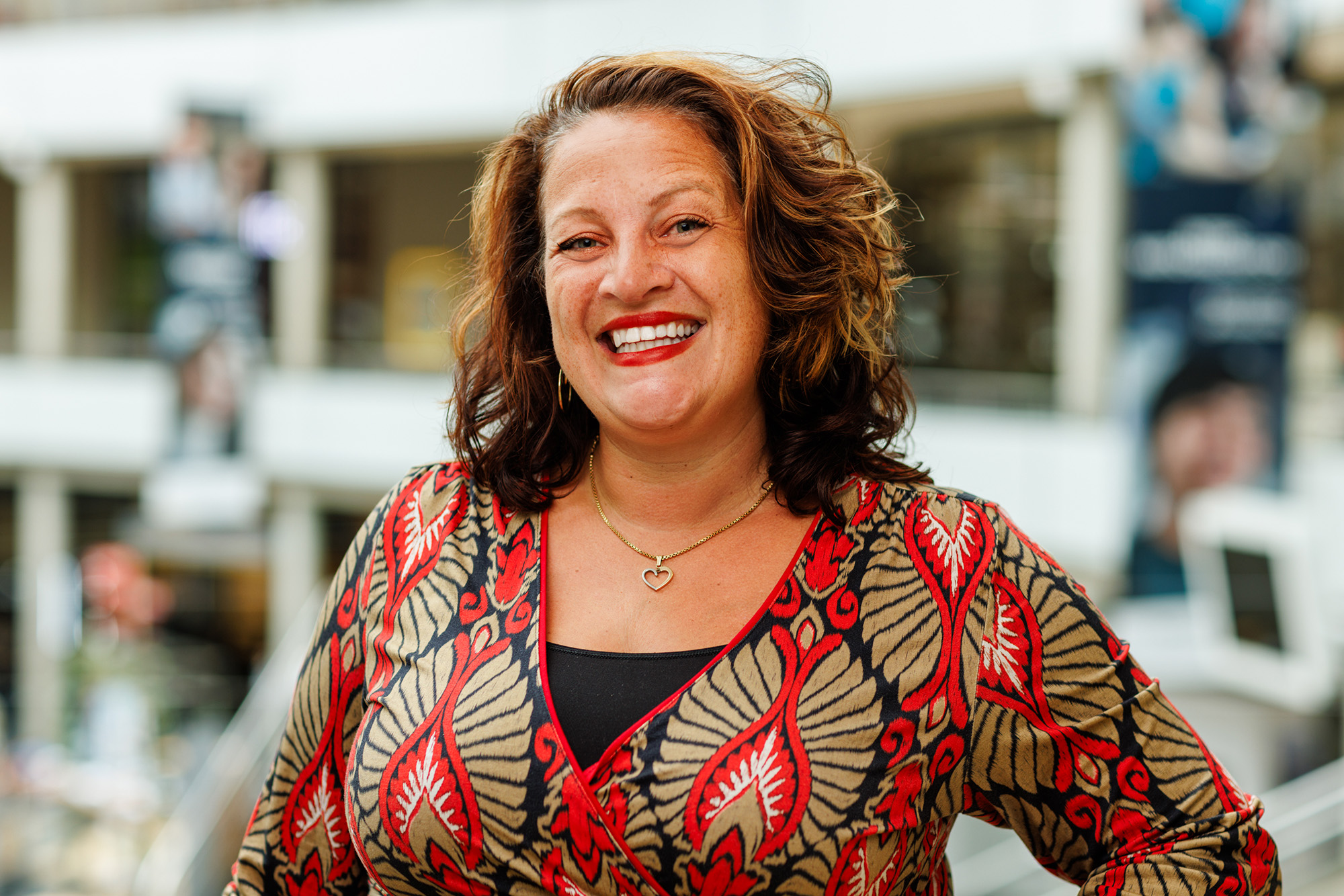Diversity is our (potential) strength: Glocal Educators Design Labs
26 October 2023
Within THUAS, we proudly position our diversity as our strengh. However, we do not always capitalize on this strength in our education.

26 October 2023
Within THUAS, we proudly position our diversity as our strengh. However, we do not always capitalize on this strength in our education.
